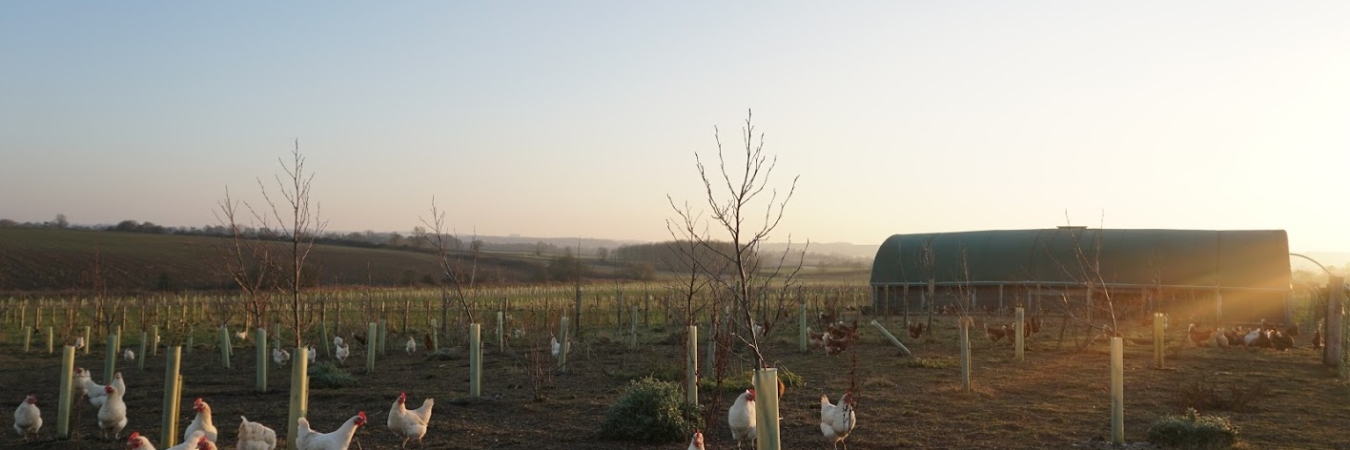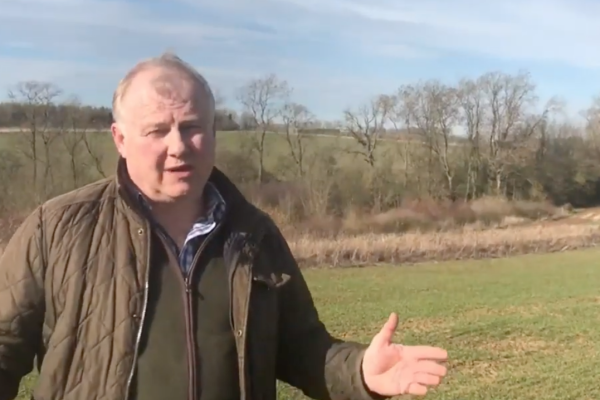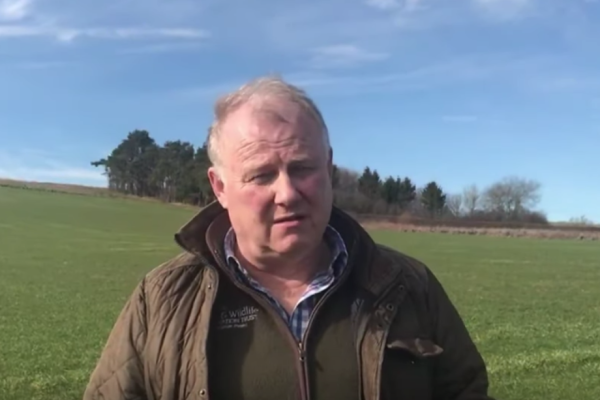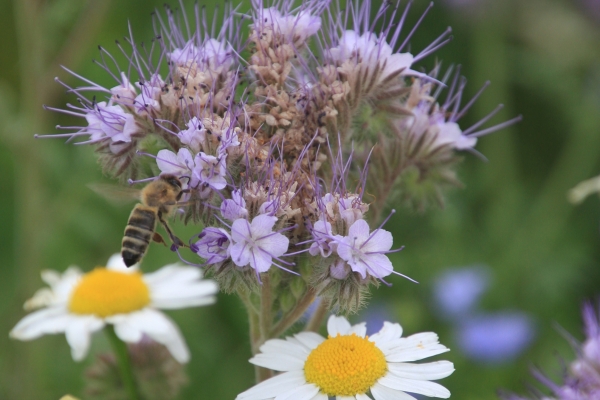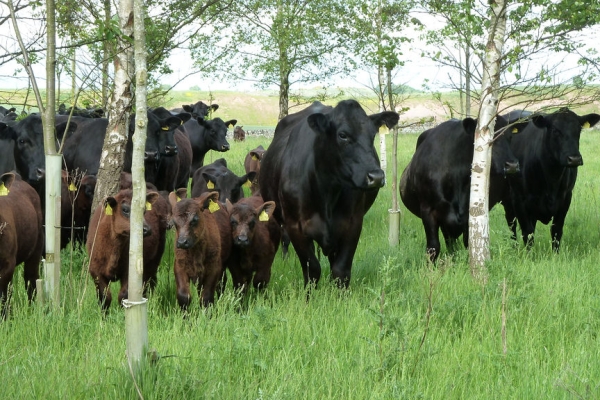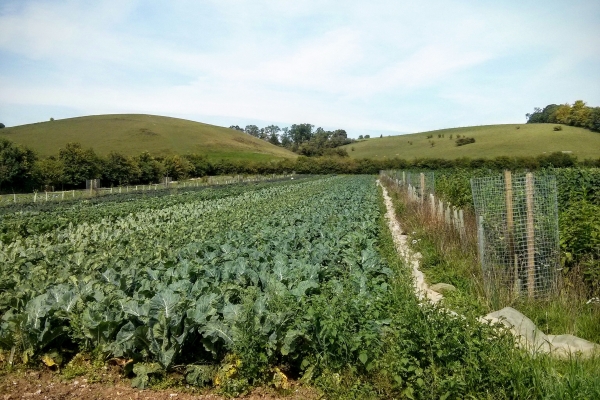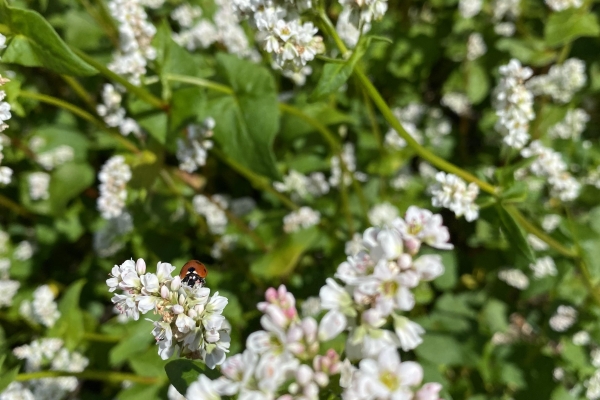Agroecology in times of COVID-19
Resource explained
A short paper from agroecologists Miguel Altieri and Clara Inés Nicholls who explore the importance of agroecology and the ways in which applying an agroecological approach can be particularly helpful during a global coronavirus pandemic when man is reminded of how closely human, animal and ecological health are linked. It has sections under the headings of the ecological and health consequences of industrial agriculture, declines in crop diversity and human health, and agroecology and a new food system.
Findings & recommendations
- The best agricultural system that will be able to cope with future challenges is one based on agroecological principles; that exhibits high levels of diversity and resilience whilst delivering reasonable yields and ecosystem services.
- Agroecological farming has the potential to produce much of the needed food for rural and urban communities locally, particularly in a world threatened by climate change and disruptions such as disease pandemics.
- The paper suggests the need for consumers to realise that eating can be an ecological and political act. When local farmers rather than the corporate food chain are supported, socio-ecological sustainability and resilience is created.
- Transitioning agriculture via government policies will take time, but each of us can accelerate the process by making daily choices to help small farmers, the planet, and ultimately our own health.
- A co-ordinated action of social movements in the rural sector working with urban based movements that are committed to support the radical transformation of the dominant, collapsing globalised food system will help transition towards agroecology. The result will be a more socially just, economically viable, environmentally sound and healthy agriculture.
- Ecosystems sustain economies and health; economies do not sustain ecosystems.
- COVID-19 is a reminder that disrespectful treatment of plant and animal biodiversity has consequences, and when they are harmed, so are we.
Summary provided by:
Janie CaldbeckRelated articles
Phil Jarvis introduces agroecology including understanding ecological processes and applying these concepts to the design and management of agricultural production systems.
In the second part of this month's Agricology vlog introducing the principals of agroecology, Phil Jarvis discusses: Stock & Stockless Systems, Agroforestry and Habitat Management.
This publication from the Landworkers' Alliance highlights what pioneers of agroecology in the UK are doing to create a productive and sustainable agriculture.
Agroecological approaches are an essential part of sustainable intensification, maintaining agricultural productivity and environmental protection.
Drawing on global research this article demonstrates how agroecology contributes to enhancing biodiversity and dietary diversity.
There is increasing recognition of the benefits of integrated agroecological farming systems but it can be hard to know where to start. In this podcast,...
